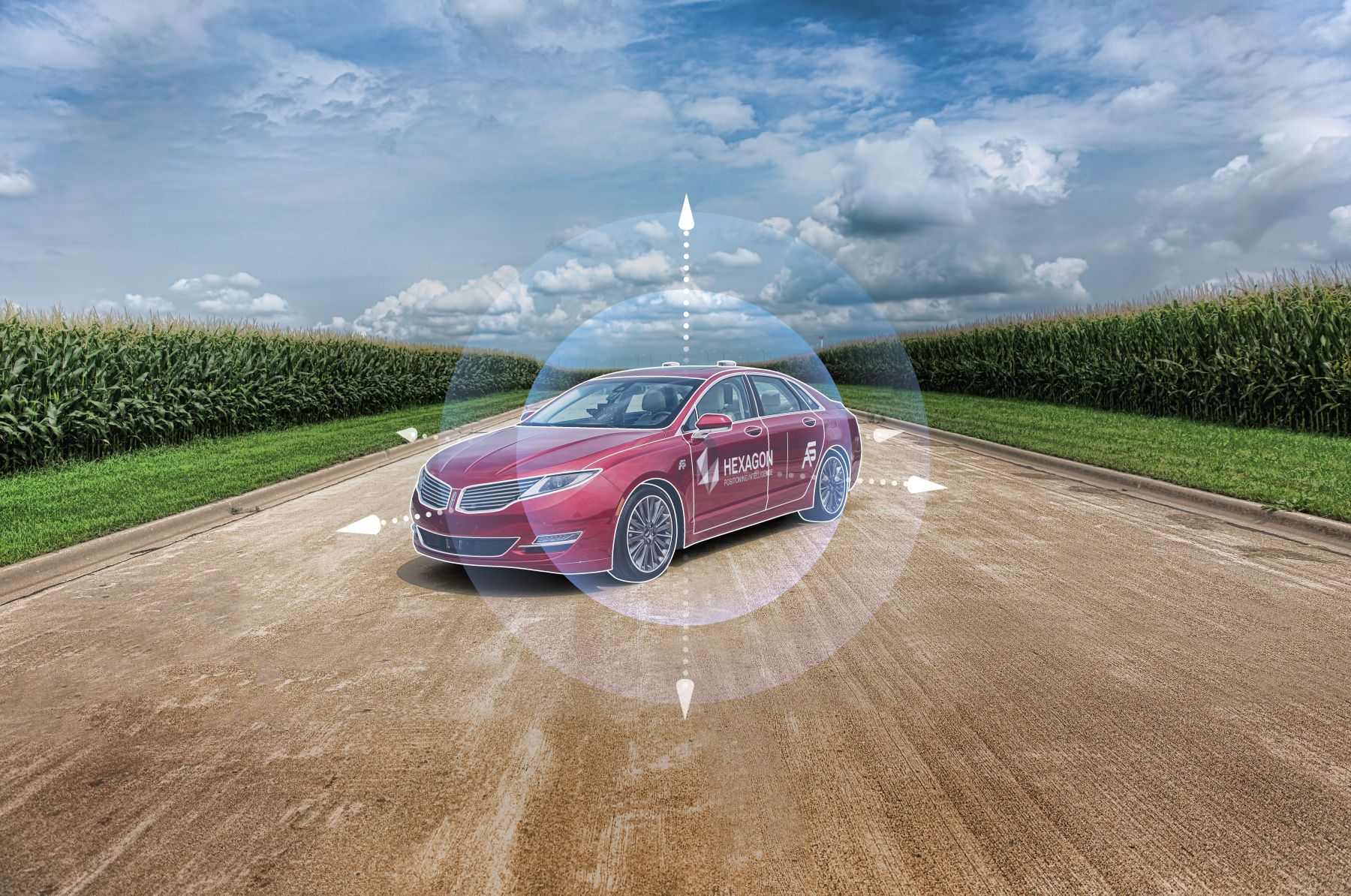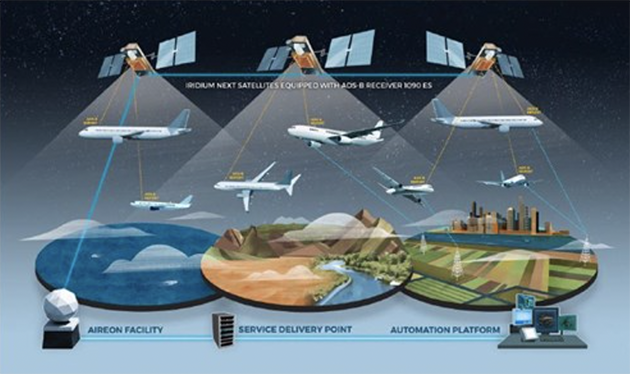NovAtel has signed a contract with Stanford University for a study to determine how GNSS technology can deliver a positioning system that meets safety and accuracy requirements for autonomous land vehicles, the company said.
NovAtel said the study, to be conducted at Stanford’s GPS Research Laboratory, will build on similar aircraft research. In addition, the research will include concepts for high integrity carrier-phase algorithms, threat models, and safety monitors for improving autonomous vehicle transportation, the company said.
NovAtel has signed a contract with Stanford University for a study to determine how GNSS technology can deliver a positioning system that meets safety and accuracy requirements for autonomous land vehicles, the company said.
NovAtel said the study, to be conducted at Stanford’s GPS Research Laboratory, will build on similar aircraft research. In addition, the research will include concepts for high integrity carrier-phase algorithms, threat models, and safety monitors for improving autonomous vehicle transportation, the company said.
NovAtel’s efforts in autonomous vehicle development date to the Defense Advanced Research Projects Agency (DARPA) Grand Challenge in the California desert, and in urban settings, more than a decade ago. The DARPA winner, Stanford’s Stanley vehicle, incorporated NovAtel’s ProPak dual-frequency GNSS inertial navigation system (INS) that used a satellite-based augmentation system (SBAS) to improve positioning.
NovAtel formed a Safety Critical Systems Group earlier this year to leverage its experience in aviation technology to meet requirements for driverless cars.





